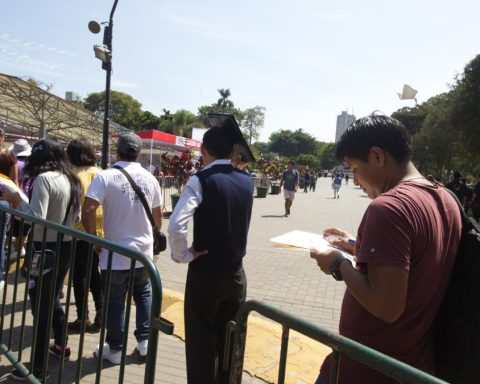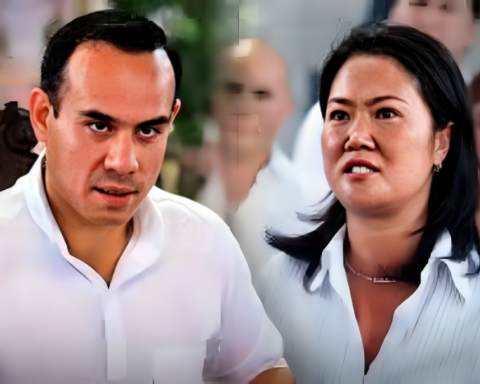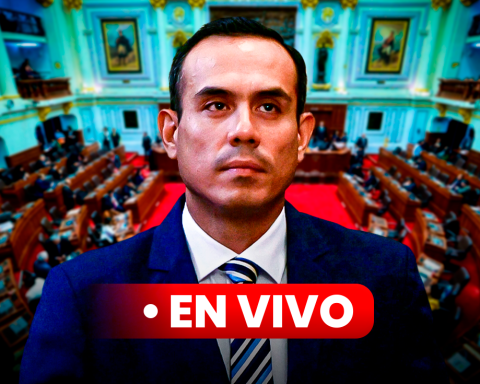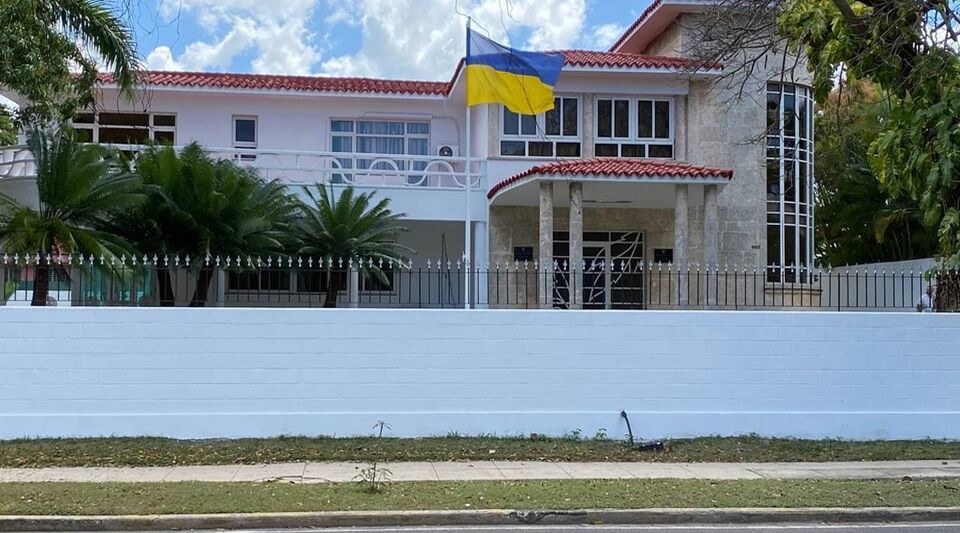The renowned consulting firm PwC (formerly PricewaterhouseCoopers) has given up auditing Petroperu, which is now controlled by the questioned Hugo Chávez Arévalo. This is what the oil company announced yesterday in an important fact sent to the Superintendence of the Securities Market (SMV), in accordance with what is required by the regulations of this entity. How did PwC come to step aside?
On February 14, according to the document, there was a virtual meeting between representatives of the Petroperú Corporate Finance Management, the Administration Management of the Comptroller General of the Republic (CGR) and the auditing firm. In that session, they sought to “coordinate actions regarding the aforementioned external audit process vis-a-vis (because of) the aforementioned need to go out to the capital markets.”
Then, on the 18th of the same month, the consultant would express its disagreement with respect to establishing in the contract an indefinite-term confidentiality clause that Petroperú demanded.
SIGHT: They request the suspension of Petroperú manager Hugo Chávez Arévalo
In the fact of importance, it reads: “We received an email from PwC expressing its refusal to include in the contract the confidentiality clause without a time limit that Petroperú requested and proposing that it be limited to a maximum of two years”.
To this, the oil company added that in order to proceed with the signing of the contract, it proposed that all reference to “any term in confidentiality” be eliminated.
Finally, a week later, on February 25, another observation was made by the consultant related to the appointment of Álvaro Torres as manager of the Accounting Department. Although the questioning was answered by Petroperú, the audit firm decided to withdraw its proposal to provide external audit services for Petroperú’s financial statements.
The oil company would have been left without an auditor, according to what was reported to the SMV.
A source from Peru21 who is aware of what happened explained that although it may be understandable that there are sometimes confidentiality clauses with, for example, periods of one or two years, it is striking that Petroperú has requested a period without a time limit.
In addition, he warned that “the danger of having a tailor-made auditor is very high.”
Risk in sight
The energy law specialist and columnist for Peru21, Anthony Laubconsidered that a confidentiality clause without a time limit is not only unusual but also “goes against good corporate practice.”
“PwC has done very well. You cannot sign a confidentiality clause (with no expiration time) when this public company (Petroperú) has public debt through bonds”, says Laub.
“If I am requesting a confidentiality clause of this nature, it is because I am making up numbers or I am hiding accounting items. And if I’m hiding accounting items, it’s because names should come out there that I’m not interested in coming out “he pointed out.
Keep in mind
- An inadequate audit of the financial statements could affect Petroperú’s rating, making it very difficult for it to access medium-term financing to finance activities such as those planned for Block 192, for example, sources from the energy sector told this newspaper.
















